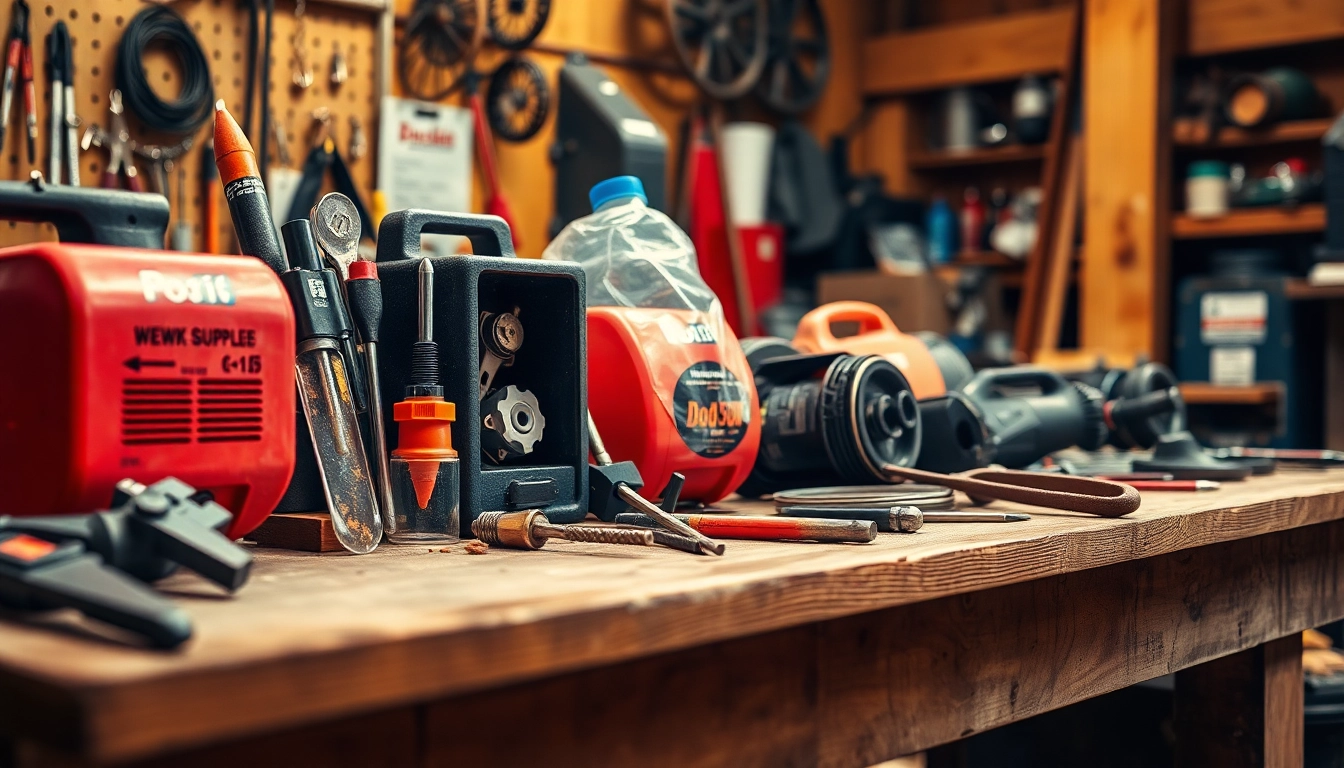Understanding NVQ Level 4 Crane Supervisor Assessments
What is the NVQ Level 4 Crane Supervisor Qualification?
The NVQ Level 4 Crane Supervisor qualification is a recognized credential in the construction and lifting industry. It assesses a candidate’s ability to oversee lifting operations, ensuring safety and compliance with regulations. This qualification is ideal for individuals aiming to enhance their career prospects and showcase their skills in crane supervision. By achieving this qualification, candidates demonstrate that they possess the necessary competencies to supervise and manage lifting operations effectively.
Key Competencies Evaluated in Assessments
The assessment for the NVQ Level 4 Crane Supervisor qualification covers several key competencies including:
- Leadership and Communication: Candidates must demonstrate their ability to lead a team, communicate effectively with various stakeholders, and manage lifting operations smoothly.
- Technical Knowledge: A thorough understanding of crane types, lifting equipment, and operational guidelines is crucial.
- Risk Assessment and Management: Candidates are evaluated on their ability to carry out risk assessments and mitigate potential hazards during lifting operations.
- Regulatory Compliance: Understanding and adhering to legislation and industry standards is essential for safety and compliance.
Benefits of Achieving NVQ Level 4 Certification
Obtaining the NVQ Level 4 Crane Supervisor certification provides multiple advantages:
- Enhanced Career Opportunities: With this qualification, candidates can pursue more advanced roles in construction management, project supervision, or health and safety advisory roles.
- Increased Earning Potential: Certified professionals often enjoy higher salaries due to their specialized skills and knowledge.
- Improved Safety Practices: The qualification emphasizes safety standards, equipping supervisors with the tools to create safer working environments.
- Industry Recognition: Being NVQ certified is a mark of professionalism that is recognized by employers and industry peers alike.
Common Challenges Faced by NVQ Level 4 Candidates
Preparation Hurdles and Study Strategies
Preparing for the NVQ Level 4 Crane Supervisor assessments can be daunting due to various hurdles:
- Time Management: Candidates often balance work and study, making effective time management essential.
- Resource Availability: Accessing up-to-date study materials and resources can be challenging. Utilizing platforms such as NVQ Level 4 Crane supervisor answers provides comprehensive materials that can simplify the learning process.
To combat these challenges, candidates should develop a structured study plan, setting clear goals and timelines. Engaging with study groups and online forums can provide additional support.
Navigating the Practical and Theory Components
The NVQ Level 4 assessment comprises both theoretical and practical components, which can pose challenges:
- Theoretical Knowledge: Grasping the theoretical aspects of crane operations may require extensive reading and understanding of complex regulations.
- Practical Application: Transitioning theoretical knowledge into practical skills during assessments might be difficult for some, highlighting the importance of hands-on training.
To effectively navigate these components, candidates should seek practical training sessions and simulations that replicate real-world scenarios, allowing them to apply theoretical concepts in practice.
Misconceptions About the Assessment Process
There are several misconceptions about the NVQ assessment process that can mislead candidates:
- Length of the Process: Some believe that obtaining certification is a long, arduous task. In reality, candidates can often complete their assessments in a matter of months depending on their dedication and resource availability.
- Assessments are Just Exams: Many perceive the assessment as merely an exam. However, it is a comprehensive evaluation that includes project work, practical tasks, and ongoing observations.
Clear understanding and communication about the structure and expectations of the NVQ process can greatly ease candidates’ anxiety and prepare them better for the assessment.
Effective Study Techniques for NVQ Level 4 Crane Supervisor Answers
Utilizing Practice Tests and Past Papers
One of the most effective study techniques for the NVQ Level 4 Crane Supervisor qualification is utilizing practice tests and past papers. These resources familiarize candidates with the format of the assessments and the types of questions they might encounter.
- Identifying Knowledge Gaps: Practice tests help candidates identify areas where they need further study and practice.
- Time Management Skills: Working through timed practice papers helps improve time management, ensuring candidates can complete tasks within the required timeframe during actual assessments.
Collaborating with Fellow Candidates
Collaboration with peers pursuing the same qualification can enhance the study experience:
- Group Discussions: Talking through difficult concepts with others can lead to a deeper understanding and retention of information.
- Peer Support: Study groups can provide the motivation needed to stay dedicated to the learning process and troubleshoot challenges together.
Creating a supportive network helps to build confidence and can lead to improved performance in the assessment.
Professional Resources and Study Aids
Investing in professional resources and study aids is pivotal for successful preparation:
- Online Courses: Consider enrolling in online courses specifically tailored to NVQ Level 4 Crane Supervisor training.
- This includes study guides and instructional videos that distill complex information into manageable segments.
Additionally, using study aids such as flashcards, infographics, and mobile apps can further reinforce learning, allowing candidates to study on-the-go.
Safety Standards and Responsibilities in Crane Supervision
Understanding Safety Regulations and Compliance
Safety is paramount in crane operations, and understanding the relevant regulations is crucial for supervisors. Key regulations include:
- Health and Safety at Work Act 1974: This legislation sets out the framework for ensuring safe working conditions.
- Provision and Use of Work Equipment Regulations (PUWER): PUWER pertains to the safe use of work equipment, including cranes, ensuring they are maintained and operated safely.
Supervisors must keep up-to-date with current legislation and industry best practices to ensure full compliance and promote safe work environments.
The Role of the Crane Supervisor in Risk Management
Crane supervisors play a key role in managing risks associated with lifting operations. Their responsibilities include:
- Conducting Risk Assessments: Identifying potential hazards and implementing measures to mitigate risks, such as exclusion zones and equipment checks.
- Training and Advising Workers: Supervising personnel on safety protocols and providing training on equipment operation and safety procedures.
Effective risk management contributes to improved safety outcomes and a culture of safety within the workplace.
Best Practices for Lifting Operations
Adhering to best practices in lifting operations is essential for safety and efficiency. Key best practices include:
- Pre-lift Planning: Ensure thorough planning before any lift, including selecting appropriate equipment, understanding lift loads, and establishing communication protocols.
- Regular Equipment Inspections: Conducting regular checks and maintenance on lifting equipment to verify it is in good working condition is crucial to safe operations.
By incorporating these best practices, crane supervisors can minimize the likelihood of accidents and ensure successful operations.
Conclusion and Future Steps After Certification
Maintaining Certification and Continuous Learning
After achieving NVQ Level 4 Crane Supervisor certification, it is essential to maintain the qualification. Continuous professional development is advisable through ongoing training, refresher courses, and staying updated on industry changes. This commitment ensures that supervisors retain relevant knowledge and leadership skills in crane operations and safety practices.
Career Advancement Opportunities in Crane Supervision
The NVQ Level 4 certification opens doors to various career advancement opportunities in crane supervision and related fields. Certified professionals might pursue roles such as Senior Crane Supervisor, Lifting Operations Coordinator, or Site Manager. These positions often come with enhanced responsibilities and pay scales, making the certification a worthwhile investment.
Networking and Professional Associations
Engaging with professional associations and industry networks is beneficial for certified crane supervisors. Associations often provide access to resources, training sessions, networking events, and annual conferences where professionals can learn about the latest trends and technologies in crane operations. Building a strong professional network can also lead to job opportunities and career growth.



